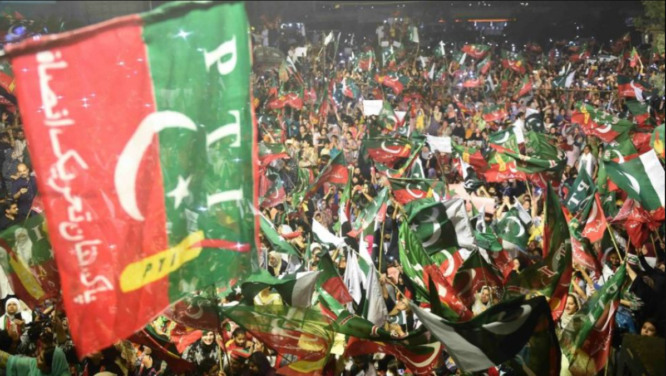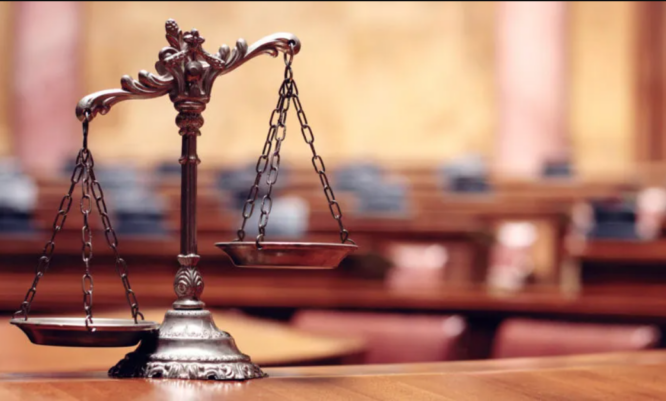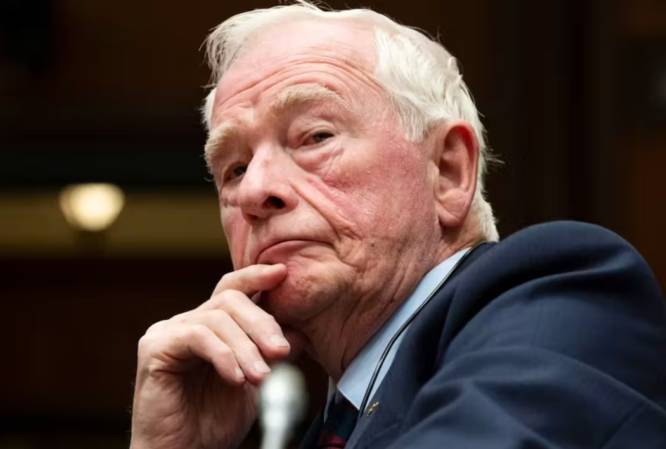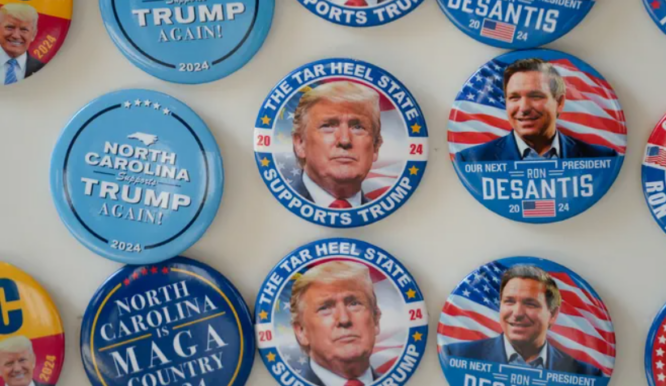Politics were immediately affected by the May 9 riots. The day’s violent protests followed opposition leader Imran Khan’s growing conflict with the establishment and led to a widespread crackdown on PTI supporters.
As more officials and former MPs departed, the party began to disintegrate—an deliberate process that continues today. The defectors uniformly condemned military installation vandalism and distanced themselves from a party they blamed for the violence.
Ministers threatened to try Khan in a military court for “masterminding” the May 9 riots and outlaw his party. Khan fiercely denied this accusation.
In a remarkable reversal, he proposed discussions to the government despite decrying the huge arrests and forceful acts he alleged were pushing his party’s flight.
However, Prime Minister Shehbaz Sharif refused to talk to “anarchists and arsonists who wear the garb of politicians but attack the symbols of state.”

PTI’s collapse is reshaping politics. Political alliances may change until elections are called, raising doubts about future electoral outcomes. Where will PTI’s large vote bank go?
Political instability and a raging recession threaten the nation’s future.
Jahangir Khan Tareen is trying to build a new party that may attract “electables” who left PTI and give a “third option” to voters.
JKT, a clever politician and active entrepreneur, needs his disqualification to be legally reversed to play a key role. In any event, it is too early to determine how effective he would be in creating a party and, more significantly, whether luring ex-PTI members to join will bring PTI voters with them.
This disrupts electoral politics. Will Punjab—the battlefield province that decides the national outcome—be a four-way struggle that denies any party a majority at the center and results in a hung parliament?
Will PTI voters vote if they see their party shattered and their leader, with all the legal proceedings against him, has little hope of returning to power? Since young voters make up a major portion of the electorate, this might affect turnout.
PTI voters are unlikely to switch to PML-N or PPP, even if the latter has gained south Punjab defectors. They supported Khan because they opposed these two old parties.
Can JKT’s new party appeal? Voters have historically penalised party switchers. Will our first-past-the-post system benefit a conventional party if the PTI vote splits?
No government election date has been declared, therefore uncertainty abounds. After parliament’s term expires on Aug. 16, electoral calculations will determine political affiliations and clarify the electoral battle.
However, none of the major parties appear interested in outlining their policies or vision for the country. No party has proposed solutions to the nation’s various problems. They focus on power struggles and political repression rather than policy development.

The economy is shaky, but politics is unclear.
Despite government protests, the country is still on the brink of sovereign default. IMF bailout deal elusive.
The prime minister asked Kristalina Georgieva, the Fund’s managing director, to restart the initiative. However, the IMF has stated that it cannot reach a staff-level agreement unless Pakistan can get $6 billion in current account funding by June 30, the end of its fiscal year. Despite limitations, reserves have fallen to $4bn, covering less than a month of imports.
The government has used import curbs to handle Pakistan’s worst balance-of-payments crisis. This caused severe economic recession. Even the latest official GDP growth projection for the current fiscal year, 0.3 percent, is disputed.
Many enterprises closed and products ran out as the industrial sector fell by 3%. The massive floods last year hindered agricultural growth.
Import restrictions and raw material shortages have also reduced exports. Meanwhile, inflation has reached record highs and the rupee has lost historic value versus the dollar. The administration planned a “relief budget” with financially slack, popular measures for elections. The economy will worsen.
Politics trumps economics, bringing the nation to a crossroads. Political instability and a runaway economic crisis require immediate action and structural adjustments to secure its future. Pakistan’s leadership must recognize this and put the nation’s interests first.




